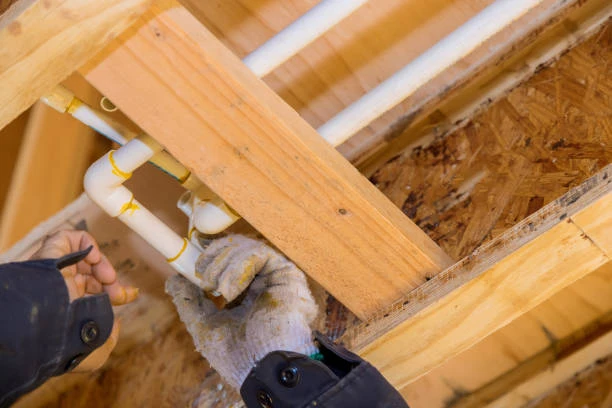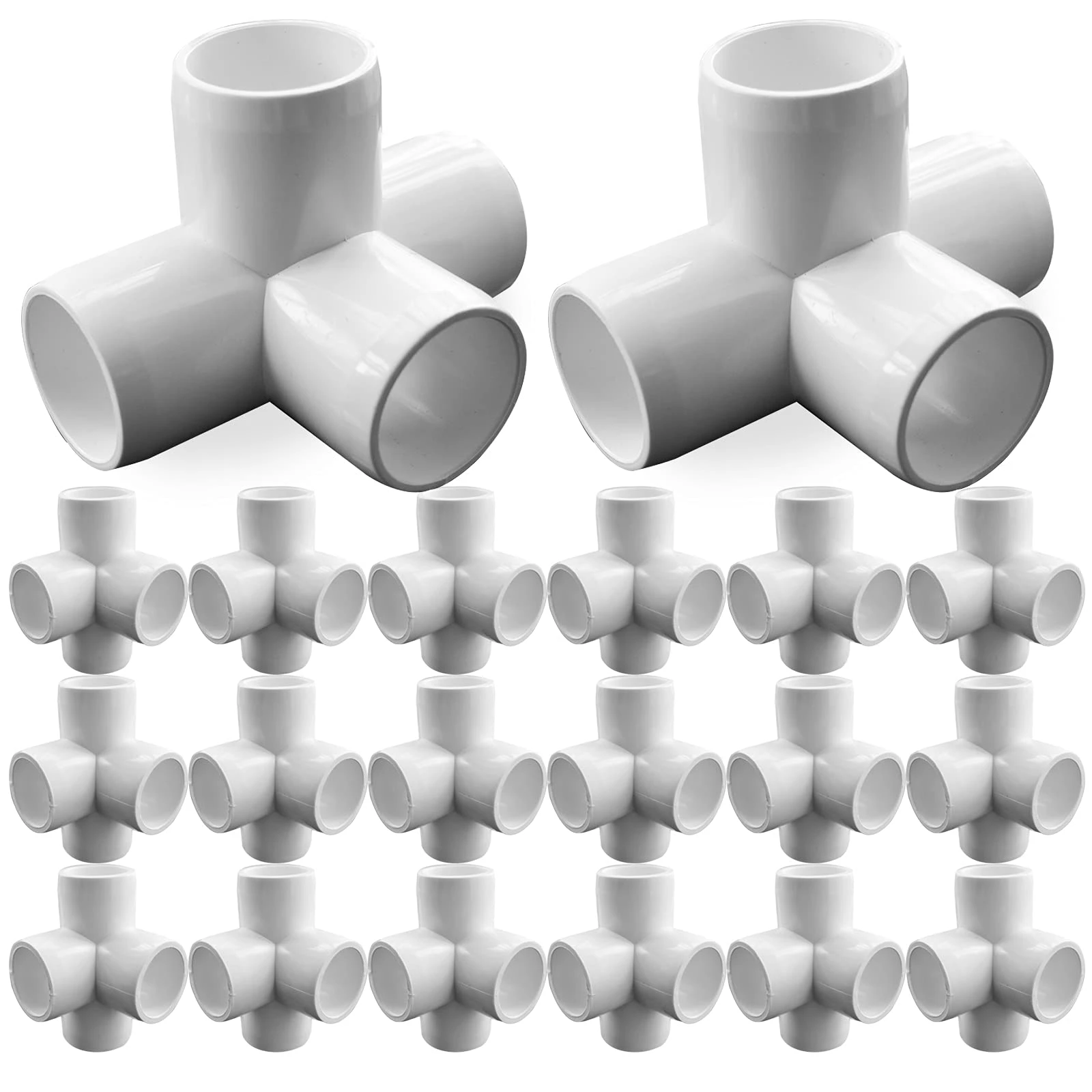Introduction
In a significant move within the plumbing and construction industry, Aliaxis has successfully closed the acquisition of Johnson Controls’ CPVC (Chlorinated Polyvinyl Chloride) pipe and fittings business, specifically tailored for residential and light commercial sprinkler systems. This strategic acquisition underscores the growing demand for efficient and reliable fire protection solutions, and positions Aliaxis as a key player in the market. In this article, we will delve into the implications of this acquisition, the benefits of CPVC pipe and fittings, and what this means for the future of the industry.
Understanding CPVC Pipe and Fittings
What is CPVC?
Chlorinated Polyvinyl Chloride (CPVC) is a type of plastic commonly useful in plumbing and construction applications. Popular for its durability and resistance to corrosion, CPVC is particularly favor in fire protection systems.
Key Benefits of CPVC Pipe and Fittings
- Corrosion Resistance: CPVC does not rust or corrode like metal pipes, making it ideal for various environments, particularly those exposed to water and chemicals.
- High Temperature Tolerance: CPVC can withstand higher temperatures compared to regular PVC, making it suitable for hot water applications and fire suppression systems.
- Ease of Installation: The lightweight nature of CPVC pipes and fittings makes them easier to transport and install, reducing labor costs.
- Cost-Effectiveness: CPVC is generally more affordable than metal alternatives, providing a budget-friendly option for contractors and builders.
- Safety Features: CPVC systems are non-toxic and can help reduce the risk of fire due to their fire-resistant properties.

Applications in Fire Protection
CPVC pipe and fittings are widely useful in residential and light commercial sprinkler systems. They play a crucial role in ensuring safety by delivering water efficiently in case of a fire. These systems are increasingly being adopted due to their effectiveness and reliability.
The Acquisition: What It Means for Aliaxis
Strategic Importance
Aliaxis’ acquisition of Johnson Controls’ CPVC pipe and fittings business is a strategic move aimed at enhancing its product portfolio. By integrating these specialized products, Aliaxis can offer a more comprehensive range of solutions to its customers, especially in the fire protection sector.
Expanding Market Reach
This acquisition allows Aliaxis to expand its footprint in the residential and light commercial markets. With an established brand in CPVC products, Aliaxis can leverage Johnson Controls’ existing customer base and distribution networks, enhancing its market presence.
Innovation and Development
The integration of Johnson Controls’ CPVC business is important to foster innovation within Aliaxis. With access to new technologies and expertise, Aliaxis can invest in research and development to improve product performance and introduce new offerings that meet evolving market demands.
Industry Implications
Increased Focus on Fire Safety
With the acquisition, Aliaxis is important to increase its focus on fire safety solutions in residential and commercial buildings. The rising emphasis on safety regulations will likely drive demand for reliable sprinkler systems, positioning CPVC products at the forefront of fire protection.
Competitive Landscape
The acquisition may also alter the competitive landscape of the plumbing and construction industry. By consolidating CPVC offerings, Aliaxis strengthens its position against competitors, potentially leading to price adjustments and increased innovation among industry players.
Sustainability Considerations
As industries move toward more sustainable practices, the use of CPVC pipe and fittings aligns with these goals. With their long lifespan and recyclability, CPVC products can contribute to more sustainable construction practices, appealing to environmentally conscious consumers and builders.
Challenges Ahead
Integration Process
Integrating Johnson Controls’ CPVC business into Aliaxis presents challenges, including aligning corporate cultures, merging operations, and retaining key personnel. A successful integration will require effective communication and strategic planning.
Market Volatility
The plumbing and construction markets are subject to fluctuations due to economic conditions, regulatory changes, and supply chain disruptions. Aliaxis must navigate these challenges to ensure continued growth and profitability in the CPVC sector.
Environmental Regulations
As environmental regulations become more stringent, Aliaxis will need to ensure that its CPVC products comply with evolving standards. This may involve investing in sustainable manufacturing processes and materials.
Conclusion
Aliaxis’ acquisition of Johnson Controls’ CPVC pipe and fittings business represents a significant development in the plumbing and fire protection industry. With the benefits of CPVC products and a strategic focus on safety, Aliaxis is well-positioned to enhance its market presence and meet the growing demand for efficient fire protection solutions. As the industry evolves, this acquisition will likely play a crucial role in shaping the future of residential and light commercial sprinkler systems.
FAQs
1. What are the primary applications of CPVC pipe and fittings?
CPVC pipe and fittings are primarily useful in fire protection systems, including residential and light commercial sprinkler systems.
2. What advantages does CPVC have over traditional metal pipes?
CPVC is resistant to corrosion, lightweight, cost-effective, and can withstand higher temperatures than metal pipes.
3. How does the acquisition affect the market for CPVC products?
The acquisition enhances Aliaxis’ product offerings, expands its market reach, and increases focus on fire safety solutions.
4. Are CPVC products environmentally friendly?
CPVC products are recyclable and have a long lifespan, making them a more sustainable choice compared to some alternatives.
5. What challenges does Aliaxis face after the acquisition?
Challenges include integrating operations, navigating market volatility, and ensuring compliance with environmental regulations.

















